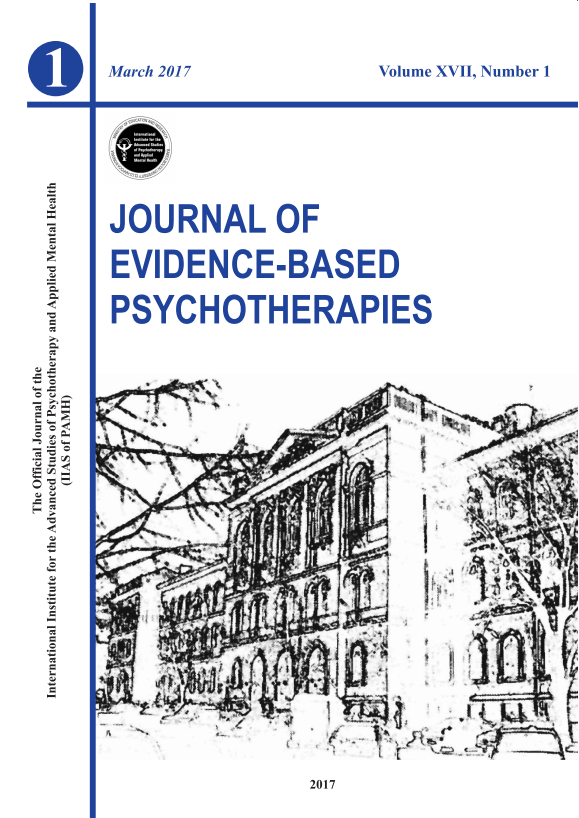Ticu Constantin1, Elena Gabriela Nicuță1*
gabriela.nicuta@yahoo.com
1 Department of Psychology, Faculty of Psychology and Education Sciences, Alexandru Ioan Cuza University, Toma Cozma 3, 700554 Iasi, Romania.
Abstract
The aim of the present research was to assess the psychometric proprieties of the ETPduo questionnaire (Romanian acronym for Evaluation of Personality Disorders), a new instrument designed to measure personality disorders based on two official classifying systems – the Diagnostic and Statistical Manual of Mental Disorders (fifth edition) and the International Classification of Diseases (tenth edition). In Study 1a (N = 1,536) and 1b (N = 267), we sought to evaluate the internal consistency and test-retest reliability of the ETPduo questionnaire, as well as the unidimensionality of the instrument’s scales. Results showed that the scales have very good reliability and acceptable temporal stability. Confirmatory factor analyses generally indicated that the questionnaire’s scales are unidimensional and very few poorly loading items were identified. In Study 2 (N = 746), we aimed to assess the construct validity of the ETPduo questionnaire, by correlating the scores on the instrument with two other measures designed to assess normal and pathological personality traits. Results were mostly in line with our expectations. The two studies suggest that ETPduo is a reliable and valid measure of personality disorders. However, further validation of the instrument on a clinical sample is required.
Please cite this article as: Constantin, T., & Nicuță, E. G. (2022). PSYCHOMETRIC PROPRIETIES OF A ROMANIAN INVENTORY (ETPDUO) DESIGNED TO ASSESS PERSONALITY DISORDERS BASED ON THE DSM-5 AND THE ICD-10: EVIDENCE FOR RELIABILITY AND VALIDITY IN NONCLINICAL SAMPLES. Journal of Evidence-Based Psychotherapies, 22(2), 115-140.
DOI: 10.24193/jebp.2022.2.16
Published online: 2022/09/01
Published print: 2022/09/01
Keywords: Personality Inventory for DSM-5; personality disorders; Diagnostic and Statistical Manual of Mental Disorders; International Classification of Diseases.
Download Adderall is one of the most commonly prescribed stimulant medications for attention deficit hyperactivity disorder (ADHD).
